Know Your Investments
Large-cap, short for large capitalization, refers to top 100 companies in terms of market capitalization. These well-established firms, often leaders in their industries, exhibit stability and are less volatile compared to smaller counterparts.
- A Large-cap Mutual Fund Scheme will have an asset allocation of at least 80% in large cap stocks.
Mid-cap, or mid-capitalization, denotes companies which fall under 101st-250th companies in terms of market capitalization. These firms typically offer a balance of growth potential and market stability.
- A Mid-cap Mutual Fund scheme will have an asset allocation of at least 65% investment in mid cap stocks.
Small-cap, or small capitalization, refers to companies starting from 251st company onwards in terms of market capitalization. These smaller firms, while riskier and more volatile, can offer significant growth opportunities for investors seeking high returns.
- A Small-cap Mutual Fund scheme will have an asset allocation of at least 65% investment in small cap stocks.
Large and mid-cap funds invest in a mix of large and mid-sized companies. Combining stability from large caps and growth potential from mid-caps, these funds offer a diversified investment approach.
- A Large and Mid-cap Mutual fund scheme will have an asset allocation of at least 35% investment in large cap stocks and 35% in mid cap stocks.
Multi-cap funds diversify across companies of all sizes, including large, mid, and small caps. This flexibility allows fund managers to adapt to market conditions, seeking optimal returns for investors.
- A Multi-cap Mutual Fund scheme will have an asset allocation of At least 75% investment in equity & equity related instruments.
Flexi cap funds invest across market capitalizations without fixed allocations. Fund managers have the flexibility to adapt to changing market conditions, optimizing the portfolio for potential returns.
- A Flexi-cap Mutual Fund scheme will have an asset allocation of at least 65% investments in equity & equity related instruments.
A contra fund invests against prevailing market trends, aiming to identify undervalued securities. Fund managers strategically choose assets with the belief that their value will rise against market expectations.
- A Contra Mutual Fund scheme will have an asset allocation of at least 65% in Equity/stocks.
A value fund follows a strategy of investing in stocks perceived to be undervalued based on fundamental analysis. It seeks assets with potential for future growth despite current market sentiment.
- A Value Mutual Fund scheme will have an asset allocation of at least 65% in Equity/stocks.
Focused funds concentrate on a limited number of stocks, typically 20-30, allowing for in-depth research and emphasizing high-conviction picks. This focused approach aims to generate substantial returns for investors.
- A Focused Mutual Fund scheme will have an asset allocation of a maximum of 30 stocks with at least 65% in equity & equity related instruments.
Who Should Invest In Equity Mutual Funds


Equity Linked Savings Scheme (ELSS) is a tax-saving mutual fund. It invests in equity markets, providing potential for capital appreciation, it comes with a 3-year lock in and offers tax benefits up to 1,50,000/- under Section 80C the Income Tax Act.
- An ELSS Mutual Fund scheme will have an asset allocation of at least 80% in equity and equity-related Instruments.
Sectoral/Thematic funds focus on specific industries or themes. These funds invest in companies related to a particular sector or trend, offering investors exposure to targeted segments of the market.
- A Sectoral/Thematic Mutual Fund scheme will have an asset allocation of at least 80% investment in stocks of a particular sector/ theme.
Dividend Yield Funds are mutual funds that primarily invest in stocks with a focus on high dividend yields. These funds aim to provide investors with regular income through dividend payouts.
- A Dividend Yield Mutual Fund will predominantly invest in dividend yielding stocks, with at least 65% in stocks.
Types of Mutual Funds
DEBT
Debt funds primarily invest in fixed-income securities like bonds, providing stability and income generation, making them suitable for risk-averse investors seeking steady returns.
HYBRID
Hybrid mutual funds allocate investments across both stocks and bonds, balancing risk and return for investors seeking diversified exposure.
SOLUTION ORIENTED
Solution-oriented mutual funds target specific financial goals, offering tailored investment strategies to meet long term objectives.
OTHERS
Other funds include index funds replicating market indices and FOFs investing in other mutual funds, providing diversified investment options.





